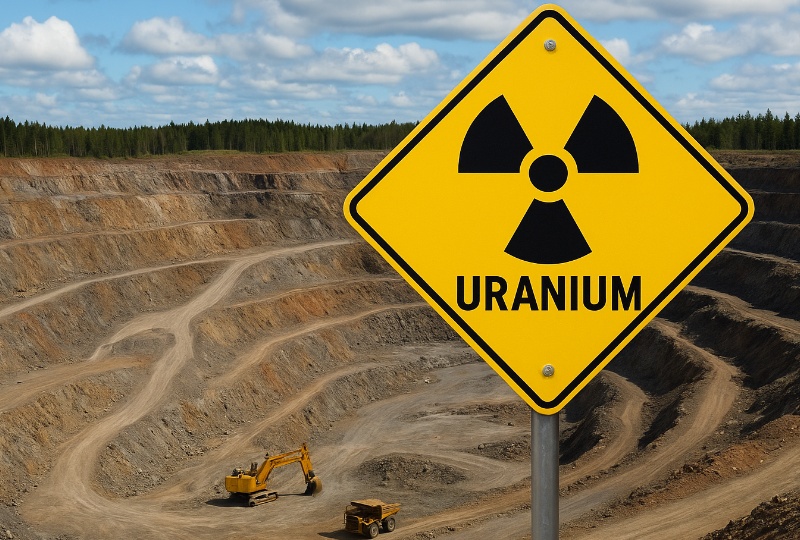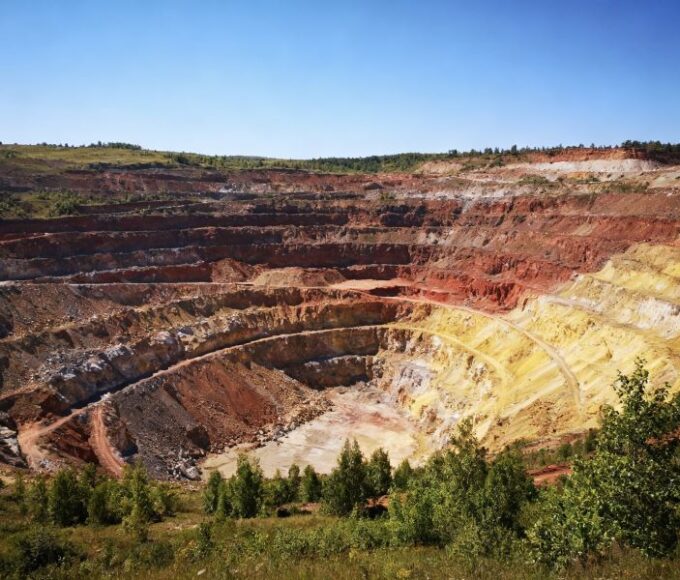According to the latest reports, earlier this month, the Swedish Parliament (Sveriges Riksdag) passed a government proposal formally lifting the ban on uranium exploration and mining that had been in place since 2018. This decision marks a significant shift in Sweden’s energy and mining policies. Under the new legislative framework, the amended Mining Act and Environmental Code will take effect on January 1, 2026. Uranium will be reclassified as a “privileged mineral,” subject to the same regulatory framework as iron, copper, and rare earth resources. This allows companies to legally apply for uranium exploration and mining permits, enabling the resumption of previously frozen projects.
Move Tied to Nuclear Energy Expansion
The lifting of the uranium mining ban is seen as a key move by Sweden to strengthen its energy independence and expand its nuclear power footprint. The current center-right government plans to support the construction of additional nuclear reactors while extending the operational lifespan of existing nuclear power plants. The government believes that resuming uranium mining will help reduce dependence on imported nuclear fuel and enhance Sweden’s strategic position in the European energy market.
Geological reserve data indicates Sweden possesses abundant uranium resources, accounting for approximately one-quarter of Europe’s known reserves. These deposits are primarily concentrated in the regions of Västerbotten and Jämtland. Uranium ore often occurs alongside critical metals such as vanadium and nickel, leading industry critics to argue that the ban hindered the development of new energy materials. The mining association contends that this policy shift will not only bolster nuclear energy development but also accelerate growth in the green metals supply chain.

Environmental and Local Opposition Persist
Despite the passage of the bill, social controversy remains intense. Environmental groups and some local governments fear uranium mining could cause ecological damage and radioactive contamination. The government also plans to weaken local governments’ veto power over mining projects, a move criticized as potentially undermining local autonomy.
Sweden’s Ministry of Climate and Enterprise stated that the new regulations will maintain stringent environmental assessment and radiation control requirements, with all projects requiring approval only after submitting comprehensive environmental impact reports. Nevertheless, public protests remain intense, particularly in ecologically sensitive areas.
Against the backdrop of the return of nuclear energy and energy transition, how Sweden strikes a balance between economic interests and environmental security will be a major test in the coming years.












